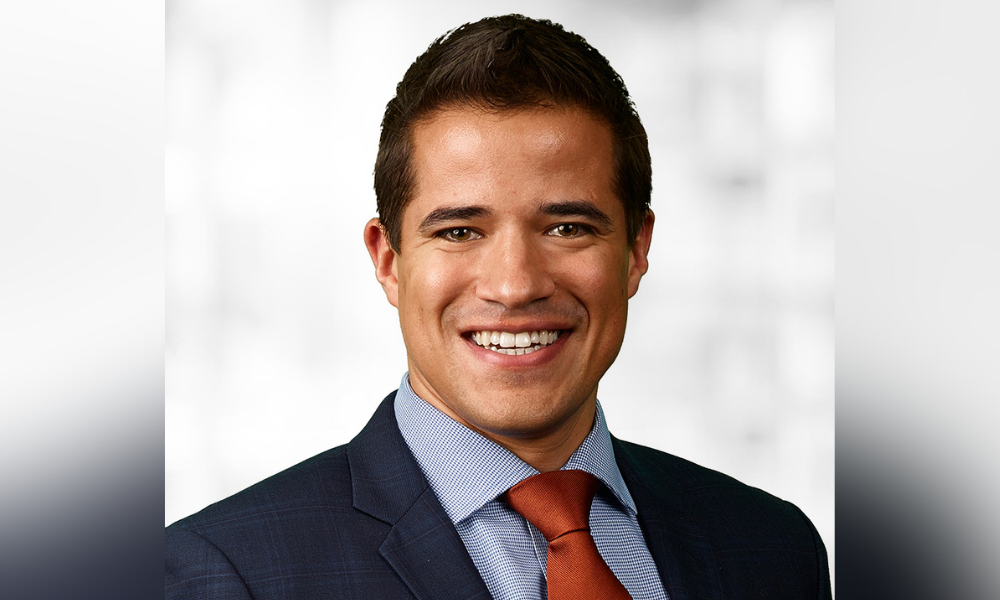Blakes' study reveals trends in private M&A deals not disclosed on publicly available databases

Private mergers and acquisition deals are seeing a move toward “public-style” deals in which the vendor does not provide indemnification, as well as a rise in earnouts for longer durations and more and longer interim periods between signing and closing deals, according to the third annual edition of Blakes’ Canadian Private Equity Deal Study.
This third edition captured “what was an initially uncertain yet surprisingly short pause in market activity due to COVID-19 during the spring of 2020, as well as the rapid return to deal-making that followed, which has not relented since,” the study’s authors said in their introduction.
The study examined transactions involving private equity funds, sponsors or portfolio companies as sellers, buyers, investors and targets, including deals involving founders or strategic companies opposite private equity investors.
Move to ‘public-style’ deals
In a public M&A transaction, “there is no indemnification to the public-market shareholders,” says Rory ffrench, a partner in Blake, Cassels & Graydon LLP’s Toronto office and a lead author of the study. “Bringing that forward into a private market context, where indemnification is the norm, you’re now seeing these seller-friendly conditions move into the private sphere,” he says.
For example, in 2016, this type of public-style deal, where there is no vendor recourse, showed up in about eight per cent of deals, ffrench adds. “In 2020, it’s certainly greater than 25 per cent if you were focusing only on the general reps and warranties, according to representation and insurance brokers consulted on the Study. On the operational reps, it’s about 35 per cent of deals in our Study. So, there’s been a marked increase from 2016 to 2020 in these public-style transactions.”
A big driver of that, he says, has been the increased use of representation and warranty insurance in mergers and acquisitions of privately held companies. Typically, this means the buyer would go to the insurer with a claim rather than to the seller, who can make a clean exit from the deal with no potential recourse against it apart from serious issues such as fraud.
“And so, the rise in these public-style deals is going alongside the increased usage of representation and warranty insurance,” says ffrench.
More recently, strategic sellers — not financial sponsor companies, but large private companies or even public companies buying in the private sphere — are now also readily adopting representation and warranty insurance, he says.
“In 2015, and 2017, our strategic sellers that had deals, none of them were taking a public-style deal. From 2018 to 2020, that number jumps to about 30 per cent. You’ve seen this big increase in the adoption by strategic sellers demanding similar types of no-recourse deals that a private equity seller has historically been asking for.”
Rise in earnouts
An earnout is a contractual provision stating that a business seller will obtain future compensation if the company achieves specific financial goals. This arrangement eliminates uncertainty for the buyer, which pays only a portion of the sale price upfront and the remainder based on future performance.
In M&A in the time of a pandemic, “when there was significantly more uncertainty, you had a whole lot of people more nervous about valuation, so earnout was the way to bridge that gap,” ffrench says, to see how the business fared during the pandemic and afterwards. “The vendor can still sell the business for what they think it’s worth but must demonstrate [the value] during that period.”
A founder-seller will typically stay with the business post-closing, and 56 per cent of earnout deals involved a founder-seller, he says.
From 2017 to 2020, there has been a steady rise in earnouts, he adds, which rose from 9 to 38 per cent during that period. For founder-seller deals, earnouts rose to 63 per cent in 2020: “where you’d expect it to be,” since founder-sellers have a strong personal belief in their business and want to prove the value.
Back in 2017, when there were strong seller-friendly conditions, vendors wanted cash and didn’t want to deal with an earnout period “because they were in the driver’s seat to be able to demand more favourable terms,” ffrench adds. “When you stepped into the world of the pandemic, and there started to be more uncertainty, … more of them were willing to accept an earnout on their sale.”
More and longer interim periods
During the study period (2017-2020), about 58 per cent of private deal transactions have included an interim period or the period between the signing and the closing of a deal, ffrench says. (That period between signing and closing is usually driven by the need for regulatory approval or third-party consent.) In 2020, the number of interim contractual periods spiked to 72 per cent, he adds.
That may have arisen from a hesitancy to close deals, with people “just waiting for things to settle down, waiting for business conditions to reopen, personal lockdown measures to stop,” he says. Those interim periods also lengthened during the study period, particularly in 2020, likewise driven by pandemic, with business interruptions and regulatory authorities operating at a slower pace than usual.
The study aims to shine a light on private M&A transactions, which are not disclosed on the public company filing systems of SEDAR in Canada, EDGAR in the United States, or any other publicly available database. “What our study tries to achieve for that private M&A, private equity deal market [is] giving people complete insight into what is the market for private equity,” says ffrench.










